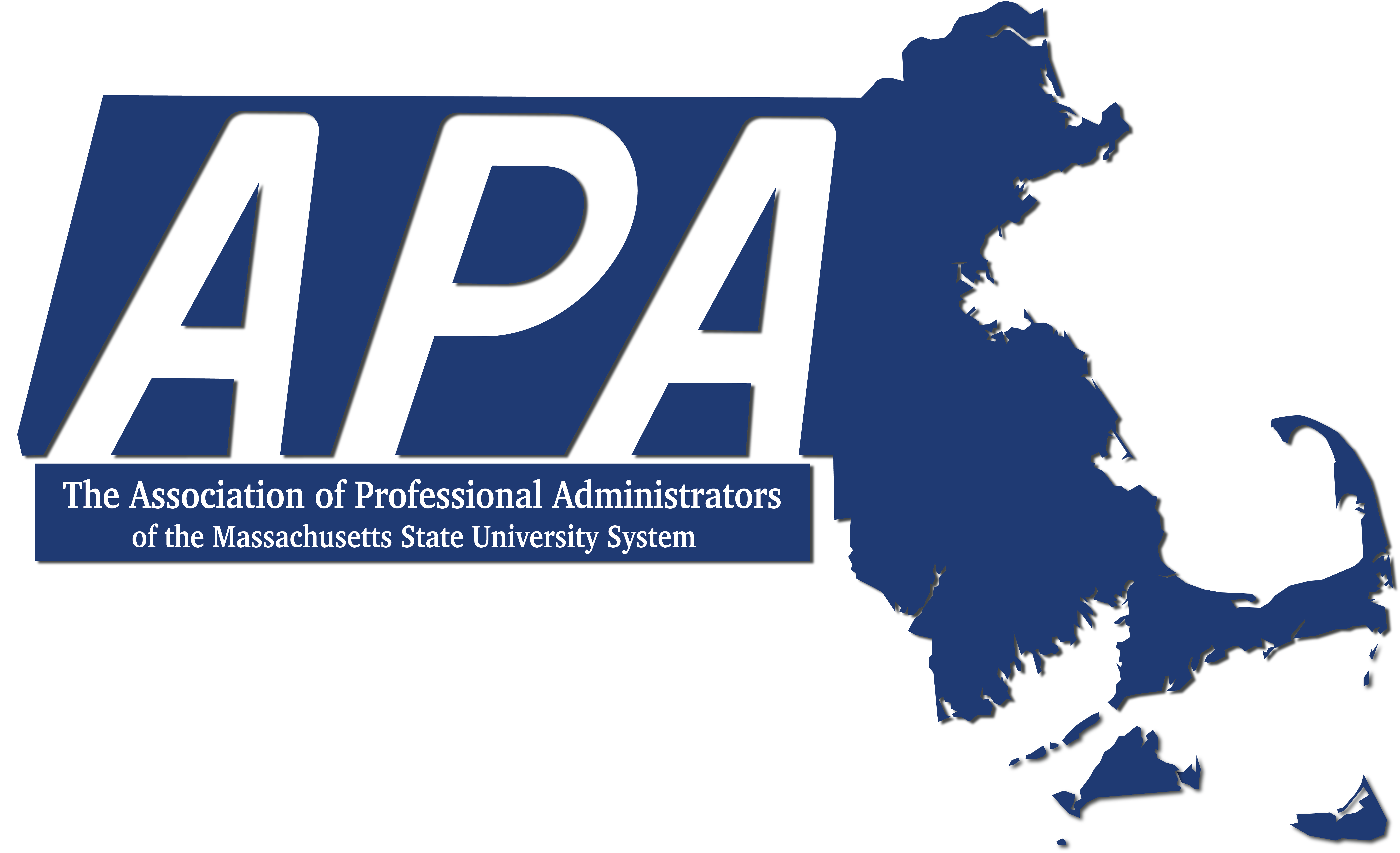-
Question: Silent Representatives

Question: What is a silent representative? How do I become one? Answer: Silent representatives attend, listen, and observe the bargaining sessions, meet with other silent representatives as a team to caucus and provide feedback to the core bargaining team, which is comprised of the elected state-wide and chapter representatives. Silent representatives provide valuable insight into…
-
Question: Working During University Closure

Question: Am I required to work when my university is closed due to inclement weather or other circumstances? Answer: Only members who are designated as Essential Personnel are required to report to work during an emergency closure of the university. The time worked by administrators who are designated as Essential Personnel shall be considered a…
-
Question: PFML Benefits

Question: Can I now use vacation time, sick time, or other PTO while receiving Paid Family Medical Leave (PFML) benefits? Answer: Yes. For PFML applications filed on or after November 1, 2023, you can receive top off benefits from your employer using PTO. The combined weekly sum of PFML benefits and employer provided paid leave…
-
Question: Parameters

Question: How do parameters work in higher ed? Answer: The parameters represent the amount of money that the state will provide to the public colleges and universities for the salaries of employees in collective bargaining units. Any money spent in a collective bargaining agreement that is more than the parameters must be paid by the…
-
Question: Additional Duties

Question: An APA staff member* has left work and I have had to take on some or all of their job duties. When do I qualify for additional pay for doing this? What are my next steps? Answer: The first step is to get it in writing that you are expected to assume these duties. Once the time…
-
Question: Advocacy Day

Question: What is Higher Ed for All Advocacy Day? Answer: On Tuesday, February 28, 2023, the Massachusetts Teachers’ Association (MTA) is hosting a day of action at the Massachusetts State House from 10:30 a.m. to 2:30 p.m. This event will call attention to the goals of fully funding community colleges, state universities and UMass campuses to implement…
-
Question: Grievance Arbitration?

Question: What is the process to request my grievance be arbitrated? Who makes the decision to arbitrate a grievance? Will I get a chance to present my grievance? Answer: As the exclusive representative of the unionized positions in the APA, the APA Executive Board considers grievances cases that have been denied through the two grievance steps to…
-
Question: Contract Raises & Retirement?

Question: I retired or resigned since June 30, 2020. Am I eligible for retroactive pay for the contractual raises in our current 2020-2023 contract? Am I eligible for the COVID bonus? Answers: To be eligible for the contractual raise that is effective July 2020, you must have been employed from July 1, 2020 through June 30,…
-
Question: Accrued Vacation

Question: I have more than 375 hours of accrued vacation time. What will happen with the extra hours? Answer: Thanks largely to the circumstances surrounding the Coronavirus pandemic, employees have been adjusting to teleworking and the new demands of remotely providing service to their institutions. Knowing that increased workload would affect employees’ ability to take…
-
Question: Advocacy Day

Question: What do you want to learn on Advocacy Day? What issues would you like brought to the attention of the state legislature on Higher Ed Advocacy Day, Monday, March 2, 2020? Answer: On Advocacy Day, representatives from all of the Higher Ed Unions and students converge on the statehouse and let legislators know of their concerns…so, let us…
